The Korean Wave, or Hallyu, has a new trend on the rise. With plans to invest nearly US$500 million in South Korean entertainment, Netflix will be ramping up its production of original movies and television series from South Korea. Among the streaming giant’s line-up are Korean dramas and movies featuring zombies, which the Government of South Korea calls “K-zombies.”
Zombies are taking over South Korean pop culture, as talented filmmakers and writers place their own spin on the living dead. Popular works like Train to Busan and Kingdom may ostensibly be about zombies, but they are also unapologetic about their social critiques.
In South Korea, the zombie apocalypse is a response to heightened anxiety and dread
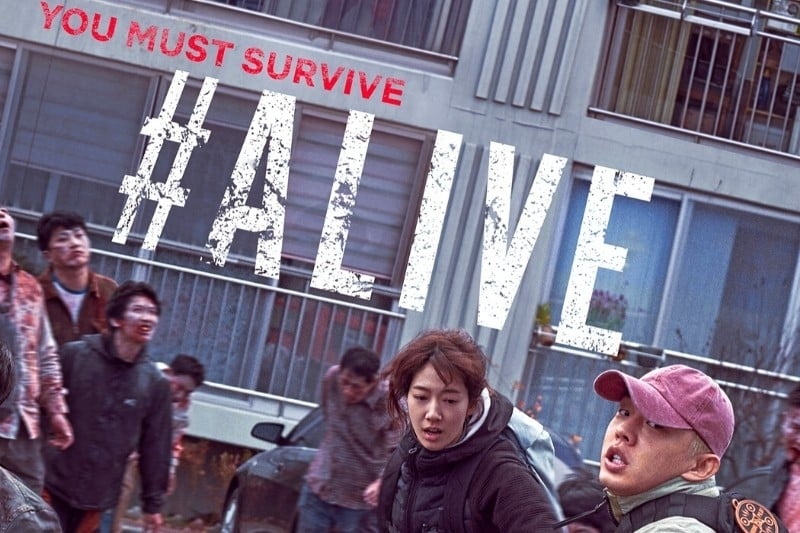
Following a young gamer trapped in his apartment during a zombie outbreak, #Alive captures the dread of self-isolation. | Image credit: Netflix
The rise of K-zombie entertainment has produced action-packed horror movies that have enthralled local and international audiences alike. So, what exactly makes these Korean zombie movies so popular?
Victoria Kim, the Seoul correspondent for the Los Angeles Times, writes that zombies in Korean television and movies are “feeding on fears and anxieties” in South Korea. Much like how post-apocalyptic stories often reflect uncertainties about the present, the K-zombie trend speaks to lingering fears about crisis management, hunger, financial instability, and upper-class privilege, as well as the stress of keeping up with a fast-paced, competitive society.
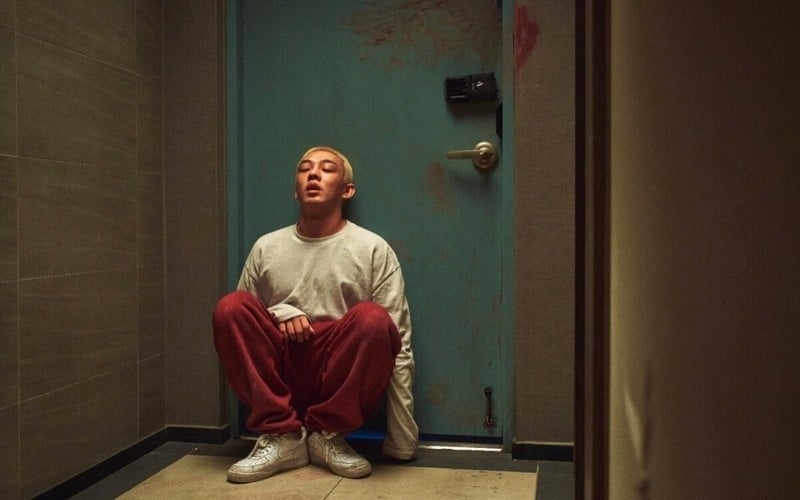
Capturing the slow-building dread of quarantine, #Alive became the most-streamed movie in 35 countries. | Image credit: Netflix
Consider the Korean zombie thriller #Alive, which sold more than 1 million tickets when it was released in South Korean cinemas in June 2020. It follows Joon-woo (Yoo Ah-in), a young gamer who finds himself trapped in his apartment when a zombie epidemic overtakes Seoul. When Joon-woo runs out of the basic amenities in his apartment, he must venture out into streets that are festering with ravenous brain-eaters.
It might seem too close to current events. But within two days of its international release, #Alive climbed to the highest spot on Netflix as the most-streamed movie in 35 countries.
Everyone is familiar with the slow-building dread of quarantine, the perils of stepping outside, and the paranoia of not knowing who has been infected by the virus. Now, we also know with depressing certainty who among our friends would lie about a zombie bite and hide their symptoms.
But it’s not all doom and gloom: Korean zombie movies can also depict how mankind might unite and rise above the toughest crisis. And we can’t talk about K-zombies without talking about the subgenre’s biggest success: Train to Busan.
South Korea’s first zombie movie takes a new approach to the undead
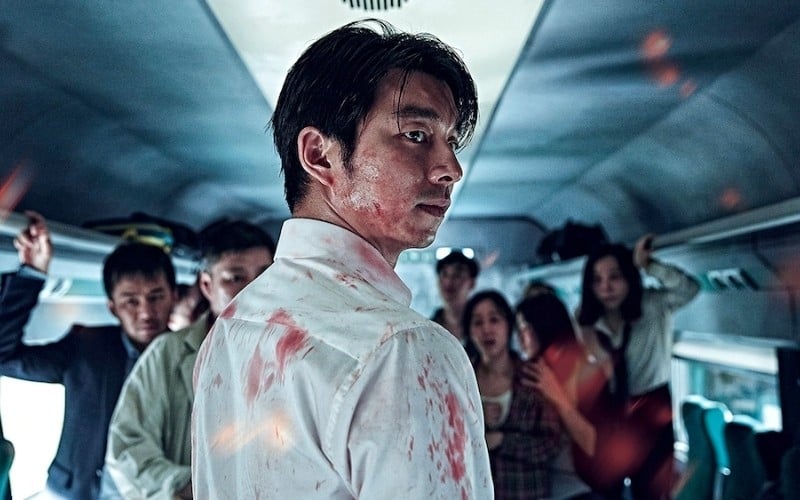
For a Korean zombie movie that deals with the impact of the government’s failed response to a nationwide crisis, look no further than Train to Busan. | Image credit: Next Entertainment World
Train to Busan made a killing at the box office when it was released in 2016, raking in US$98.5 million worldwide. The premise guaranteed a breakout success: a high-speed train bound for Busan, packed with zombies who can run like athletes but cannot see in the dark. Cut off from the exits and without government assistance, an unlikely group of trapped passengers from different social classes — a divorced workaholic father and his young daughter, a homeless man, two highschoolers, a pregnant woman and her macho husband, and an elderly woman — must band together for survival.
Much has been said about how Train to Busan reanimated a genre that has been bludgeoned and parodied to death. But the exact circumstances that allowed Train to Busan to resonate with international audiences also make the movie harder to replicate in a Hollywood remake. Not all transportation systems around the world are as efficient as South Korea’s, nor do they always hold a diverse cross-section of society at any given moment. It’s much more difficult to imagine, say, the American equivalent of a very wealthy and punchable CEO like Yong-Suk riding a commuter train to Boston or Tucson.
The movie also removes elements that have become overly familiar in zombie movies or television. Notice, for instance, how nobody in Train to Busan fires a gun.
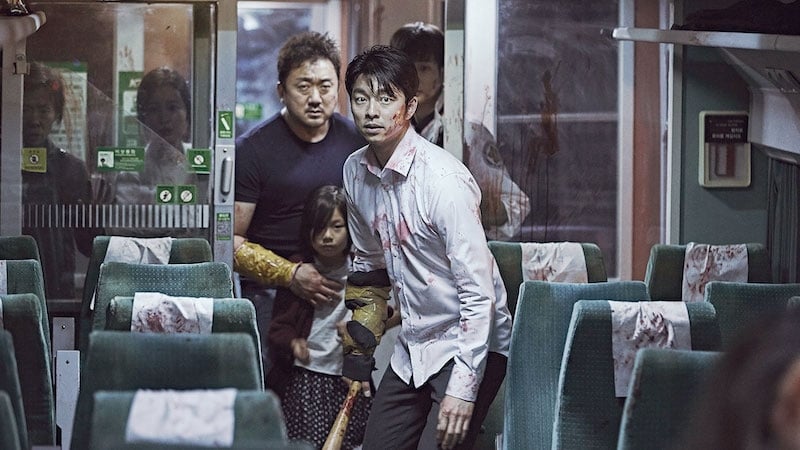
In Train to Busan, a group of trapped passengers from different social classes must band together for survival. | Image credit: Next Entertainment World
But more interesting than a bullet train infested with zombies — and more challenging to implant on foreign soil, I’d argue — is Train to Busan’s distrust of authority figures and the cynical position the movie takes against individualism.
Haunted by the memory of the failed rescue response of the Sewol ferry disaster of 2014, Train to Busan examines the repercussions of prioritising corporate greed over safety. The movie exposes the selfishness of the rich by showing how they protect their own interests against the survival of the majority. Less privileged passengers on the train are ignored in favour of a CEO, or thrown to the undead hordes without a chance to fight back.
Meanwhile, the government in Train to Busan does little to help its citizens or the people on the train. Rather, they downplay the scale of the outbreak. Although their presence is sorely needed by citizens, reliable authority figures are absent for the majority of the movie.
Netflix’s Kingdom offers sharp social commentary against greed and privilege

Just like AMC’s The Walking Dead, Netflix’s Kingdom is set in a world overrun with zombies. But it’s humans and their lust for power that are deliberately undermining mankind’s chance of survival. | Image credit: Netflix
Government mismanagement and the privilege of the upper class also casts a shadow over Netflix’s first Korean zombie thriller Kingdom. Taking place in 16th-century Korea, the drama follows a crown prince who investigates a zombie outbreak that is rapidly spreading across a medieval kingdom in the Joseon dynasty.
Kingdom’s writer Kim Eun-hee, who created the comic “The Kingdom of the Gods” that the Netflix drama is loosely based on, has said that the zombie epidemic in Kingdom was inspired by a real-life outbreak during the Joseon period.
In The Annals of the Joseon Dynasty, Kim discovered a passage that had described hundreds of thousands of people dying from a mysterious illness. No further attempt was recorded to explain these deaths, and the disease remains unknown to this day.
“That gave me the idea of having a zombie attack [as] the starting point. I thought that would be an interesting way to describe the people’s pain and suffering,” Kim told Netflix in a video clip from Featurette: The Making of Kingdom. “People, the root of a nation, are dying of hunger, and it’s those hungry people who later become zombies.”
In Kingdom, the greed and corruption of the upper class lead to the mismanagement of an epidemic. Even as the outbreak spirals out of control, the elites are too consumed with power grabs to curb the spread of the disease. This turns Korea into a “hell on earth.”
The period drama also addresses the class disparity between medieval Korea’s rich and poor, even as it shows how the zombie virus doesn’t discriminate against its victims. “I wanted to show the scenes where people of various classes — the aristocrats in silk robes, the butchers and gisaeng (similar to Japanese geisha) — devour human flesh in the same exact way to satisfy hunger,” Kim told NBC News. “I wanted to portray discrimination through this.”
Why audiences will continue to seek out K-zombies
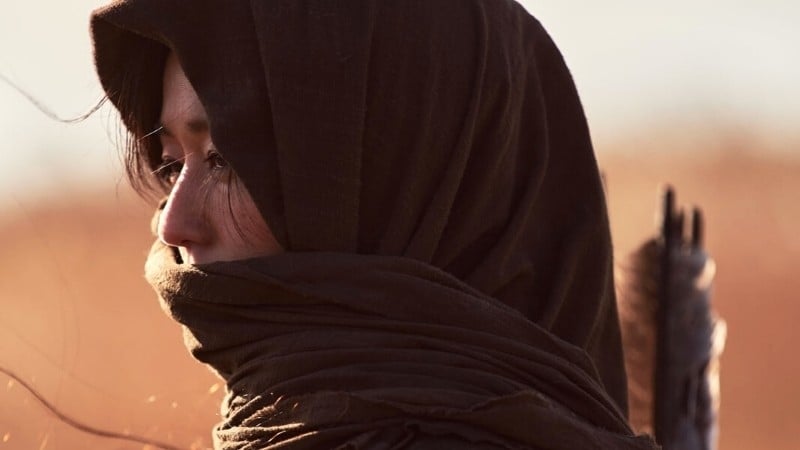
Kingdom: Ashin of the North, the highly-anticipated spin-off to Kingdom, is scheduled for release in 2021. Image credit: Netflix
For as long as there is a sense of imminent doom or collective unease, there will be zombies roaming and infiltrating the popular consciousness. Zombie narratives offer a glimpse at how mankind might survive through a period of crisis.
Viewers can anticipate even more K-zombies, including the young adult series Kingdom: Ashin of the North spin-off, and All of Us Are Dead.
Zombie-themed attractions in South Korea
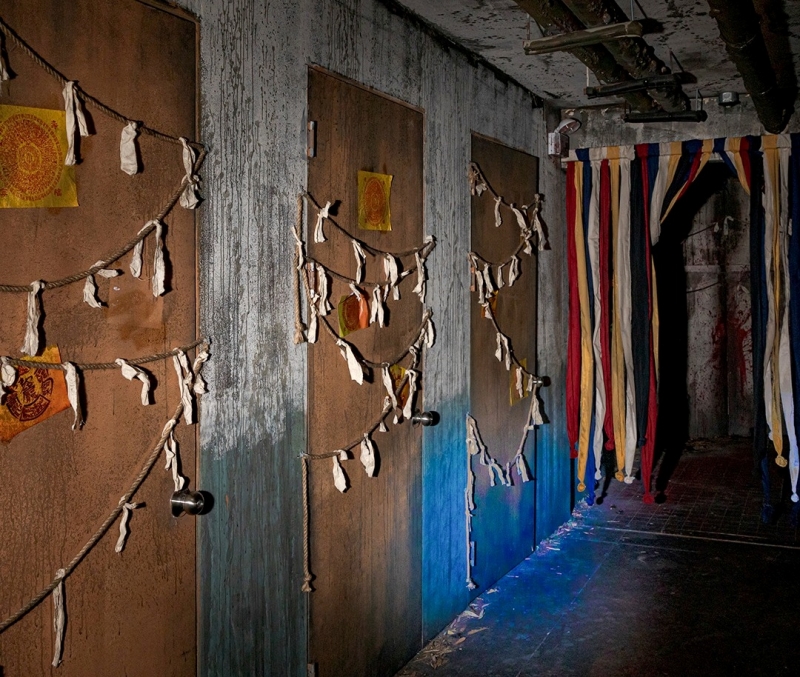
Image credit: 롯데월드 (lotteworld) Official Facebook Page
While there aren’t exactly any zombie-themed attractions in South Korea as of 2024, you can expect a series of zombie fun at the popular Lotte World theme park during the Halloween season. Lotte World is also home to a permanent attraction named Haunted House where you can step into the role of a ghost hunter, uncover the mysteries of the abandoned house, and find your way out.
Besides, Everland, another popular theme park in Gyeonggi-do, offers the Everland Blood City Night Tour, where you can experience Halloween with zombies (like literally getting chased by them!). However, the tour is currently unavailable.
And if that’s not spooky enough, embark on The Dark Side of Seoul Ghost Walk, a chilling walking tour that takes you through haunted sites where paranormal encounters have been reported. Along the way, you’ll hear eerie tales and real crime stories etched into Seoul’s history.
In an age of uncertainty, the zombie apocalypse remains a captivating metaphor for our collective fears. As technology advances and global challenges persist, the zombie narrative continues to resonate with audiences. These undead creatures symbolize our anxieties about societal collapse, isolation, and the potential for humanity to turn against itself.
Featured image credit: Netflix




